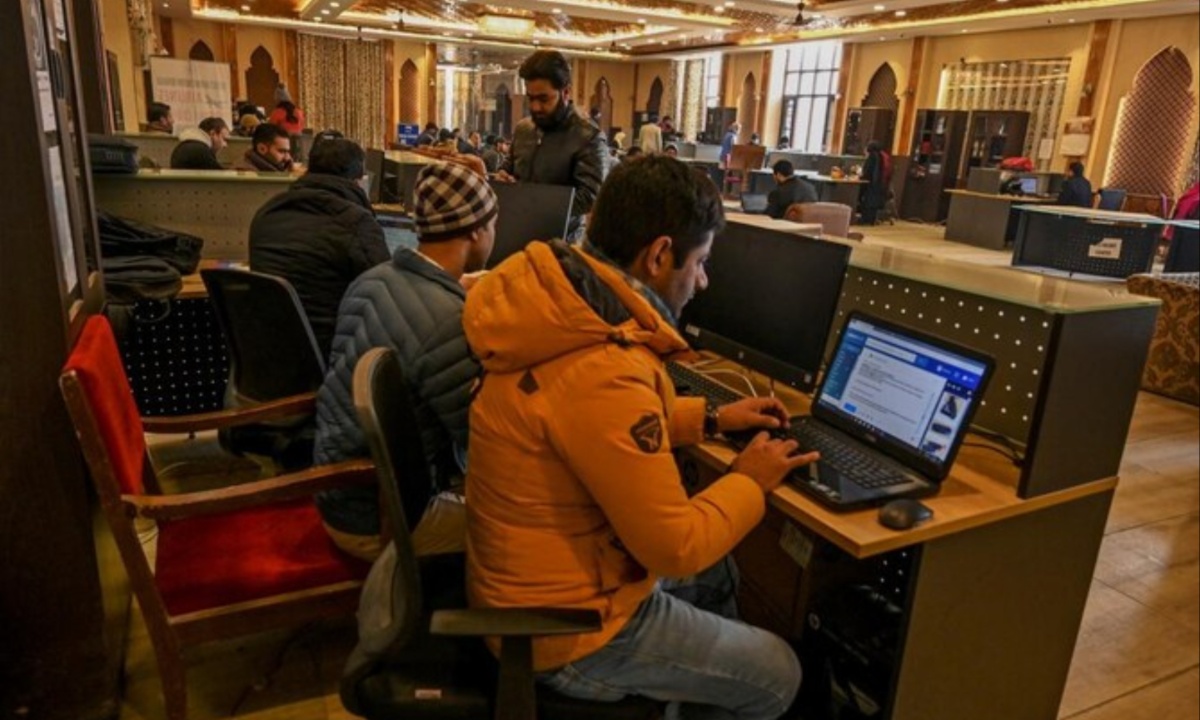The introduction of Pakistan’s new internet firewall could lead to severe economic repercussions, potentially costing the country $300 million, according to the Pakistan Software Houses Association (P@SHA). Islamabad has implemented a firewall to monitor and regulate online content and social media platforms, although the government maintains that this is not a form of censorship.
This stance was reinforced by the Minister of State for Information Technology, Shaza Fatima Khawaja. However, despite the government’s assurances, the focus has shifted towards the adverse impacts of this initiative on the economy.
Ali Ihsan, senior vice chairman of P@SHA, emphasized that the firewall is already causing widespread internet disruptions and issues with VPNs. These disruptions are not mere inconveniences but have a significant effect on business operations, especially in the IT sector.
Ihsan warned that if the situation persists, it could lead to a collapse in business activities across the country. The projected economic loss, driven by these disruptions, could exceed $300 million, severely impacting the viability of the IT industry in Pakistan.

New Internet Firewall Could Cost Pakistan $300 Million, IT Sector Faces Significant Risks
The government’s silence on these potential consequences has only heightened concerns. Both the Pakistan Telecommunication Authority and Minister Khawaja have not commented on the issue, leaving P@SHA frustrated.
The association pointed out that the lack of transparency is damaging trust, both domestically and internationally. Global IT clients working with Pakistan are growing increasingly worried about the security of their data, fearing that the government’s online monitoring could lead to breaches of privacy.
The IT sector is vital to Pakistan’s economy, with substantial revenue generated from exports. In June alone, IT export revenue reached $298 million, marking a 33% increase from the previous year. For the fiscal year ending in June, total export revenue amounted to $3.2 billion.
Given these numbers, losing international clients due to concerns over the firewall and data security would be a critical blow to Pakistan’s economic stability. P@SHA has called on the government to reconsider its approach, suggesting collaboration with industry experts to develop a more balanced cybersecurity framework.
Pakistan has a history of internet censorship, despite official denials. Earlier this year, the government blocked access to the social media platform X following protests over former Prime Minister Imran Khan.
Although authorities claimed that the block was necessary for national security, activists argue that it was an attempt to suppress dissent. This history raises fears that the new firewall could be used similarly, further damaging public trust and international relationships.









































